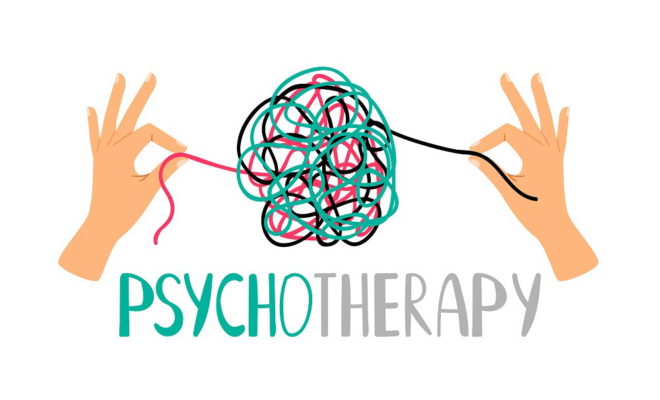The Beginners Guide to Psychotherapy in the UK

If there is one thing that we have learned working our way through the COVID crisis, it is the importance of good mental health. It’s not enough to just take care of our physical bodies. We also have to take care of our minds. For some of us, that may mean taking advantage of psychotherapy.
María R. de Almeida is a clinical specialist offering psychotherapy and psychoanalysis in London. Prior to receiving her education, de Almeida took advantage of psychotherapy to help get through her own struggles. This has helped her professionally in that she can empathise with her patients.
Below is some good information offered by de Almeida. Consider it your beginner’s guide to psychotherapy in the UK.
Recognising Thoughts, Emotions, and Responses
Psychotherapy’s primary goal is to help patients recognise their thoughts and emotions, along with their responses to those thoughts and emotions. De Almeida explains it as helping patients understand why they view the world as they do.
What is the point? To provide opportunities to change. By learning to recognise one’s thoughts and emotions, the patient can decide which ones are appropriate as opposed to those that are not. Changes can then be made accordingly.
There Is a Lot of Talking Involved
Psychotherapy is often referred to as ‘talking therapy’. That is because most psychotherapy treatments involve a lot of talking. However, there is no hard and fast way to apply psychotherapy principles. Clinical therapists adapt treatment approaches to each individual patient. They sometimes have to go beyond talking to give patients the help they need.
Psychotherapy Is for Everyone
As someone new to the concept of psychotherapy, do not fall into the trap of believing that it’s only for people who have been clinically diagnosed as mentally ill. That is not the case at all. Psychotherapy is for anyone and everyone looking for help to overcome emotional challenges.
Psychotherapy is appropriate for addressing:
- anxiety, depression, and stress
- the loss of a loved one
- job-related stress
- sexual performance problems
- panic attacks, obsessive behaviours, etc.
Virtually any issue relating to emotional or mental stress can be helped by psychotherapy. You don’t have to be clinically diagnosed to benefit from it. And if you have been clinically diagnosed, psychotherapy still offers benefits as a supplement to your other treatments.
Psychotherapy Is an Old Discipline
The modern, scientific approach to psychotherapy didn’t come into being until the late 18th century. In fact, Germany’s Wilhelm Wundt is credited with opening the first institution dedicated to the scientific study of psychology in 1879.
Prior to that time, psychology was practised by trained individuals who knew it worked but didn’t know the mechanisms behind it. There are records of psychotherapy-like counselling disciplines dating back to ancient times.
Available Throughout the UK
Should you need psychotherapy in the UK, rest assured it is widely available through the NHS. Official NHS policies allow you to locate and visit with a psychotherapist without needing a referral from your GP. For all intents and purposes, you can self-refer.
Your GP will refer you to a psychotherapist upon request. Actually, getting a referral from your GP isn’t a bad idea if you don’t know what to look for in a psychotherapist. Not all psychotherapists approach treatment the same way, and your GP might know one particular therapist whose approach is best for you.
In closing, remember that psychotherapy is a toFol to help you understand why you view the world as you do. With the help of a clinically trained specialist, psychotherapy can help you overcome those mental and emotional challenges currently weighing you down.







